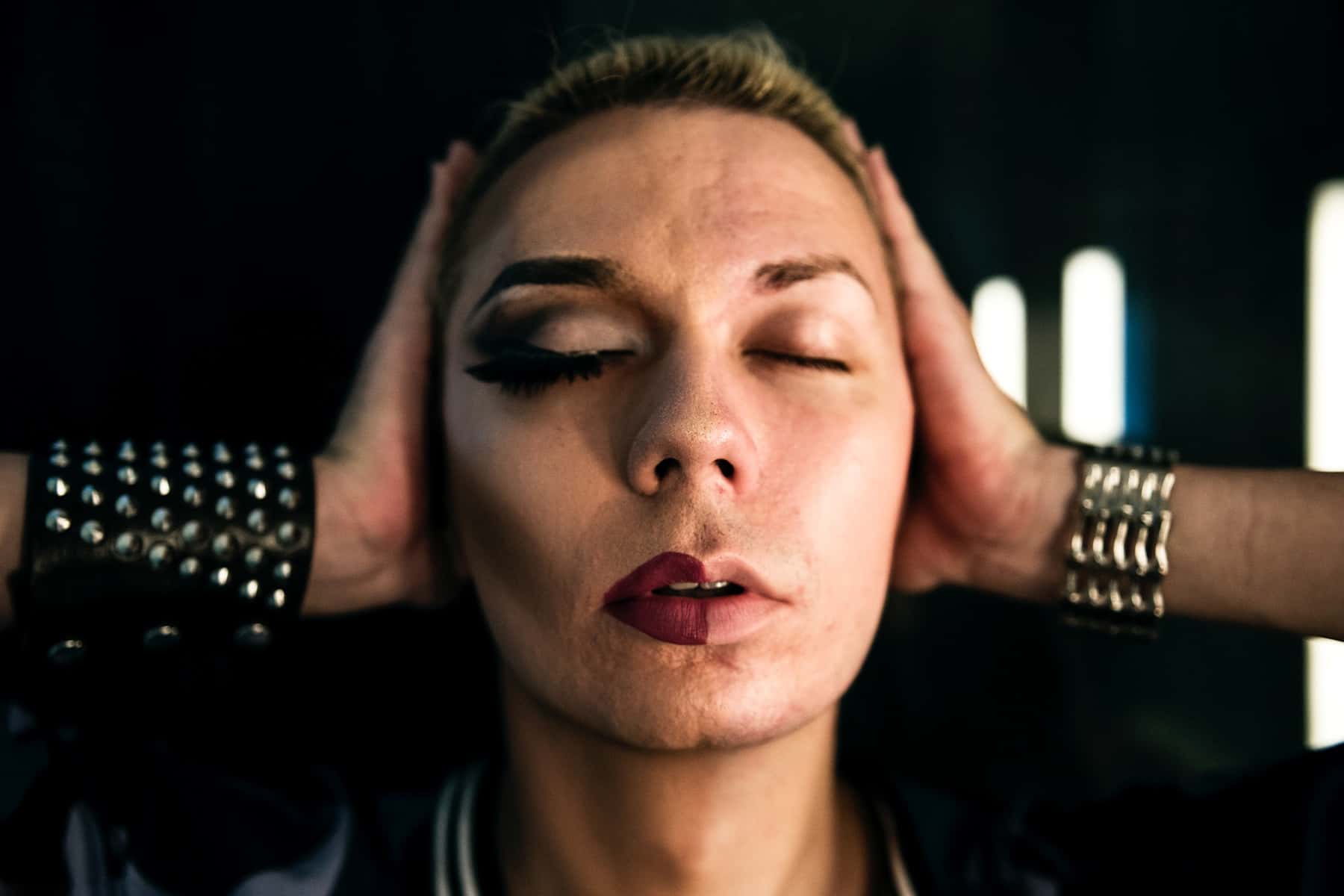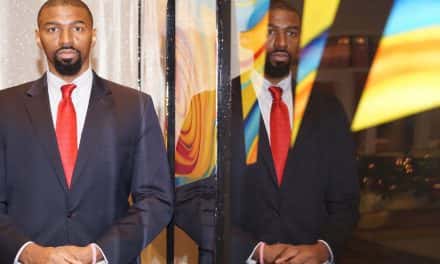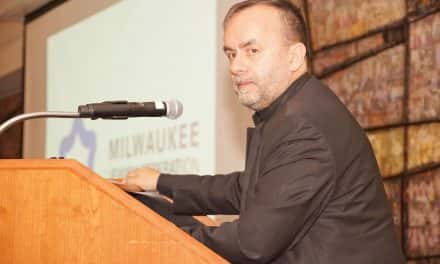
“If it ain’t broke, don’t fix it.” This timeless bit of advice should be considered when addressing the unethical and discriminatory practice of conversion therapy.
The goal of such alleged treatment is to have the LGBTQ person return to an allegedly healthy, normal, and socially accepted state – i.e. heterosexual. Conversion therapy purports that something is broke when someone is gay, wrong if they are lesbian, or defective if they identify as bisexual or transgendered.
From the outside looking in, as parents or friends of those in the LGBTQ community, the philosophy behind conversion therapy is painful enough on its own. But for the LGBTQ individuals and those youth discovering who they are, it is often yet another message that they are broken, their identity and sense of self is wrong. As such, it – their condition – must be fixed.
Culturally, messages like this signal a regression to darker days of ostracism and unwarranted shame. Individually, it risks being internalized in the form of confusion, depression, isolation, self-harm, and suicide.
Earlier approaches to conversion therapy date back to the 19th century and were lead by scientists engaged in brutal experimentation that caused lasting damage to both survivors and society. The draconian foundations of conversion therapy, from its intention, methodology, and application are just as present today. It remains as disturbed as it was over 100 years ago.
One such approach was in the 1920s when Dr. Eugen Steinach, an Austrian endocrinologist who hypothesized that the cause of homosexuality was due to dysfunction in a man’s testicles. This resulted in experiments of testicular transplantation of “heterosexual testicle” on gay men, after they were castrated. Other forms included electroconvulsive therapy, aversive conditioning, the hiring of prostitutes and use of heterosexual pornography in an effort to convert gay men to a heterosexual lifestyle.
A 2009 study by the American Psychological Association revealed that more recent efforts at conversion therapy included inducing vomiting for participants when presented homo-erotic images. Other techniques deemed less invasive, but equally harmful were social skills training to teach participants to behave in ways were deemed more masculine or feminine consistent with their gender.
Current practitioners of conversion therapy mask themselves in more traditional techniques of psychotherapy, including cognitive behavioral or group therapy. Despite the facade of a traditional intervention, conversion therapies today continue to be based on an assumption that being LGBTQ is a sickness, an aberration, or against God and must be cured. Whether through shock or shame, during the 1920s or in 2019, conversion therapy remains a practice that needs to be stopped.
From the APA, to the American Medical Association and the American Academy of Pediatrics, psychological and medical professionals stand united in condemning this practice. The APA stated as much in their Resolution on Appropriate Affirmative Responses to Sexual Orientation Distress and Change Efforts. In it they state unequivocally that such a practice is detrimental to the health and well being of the very people that mental health clinicians are tasked with helping.
Beyond the efforts of citizens and healthcare professionals, increasingly, many communities are realizing that silence and complacency in the face of such practices is unacceptable. Across America states such as Hawaii, California, New York, Washington and Illinois have decided to set the tone for their municipalities by banning the practice. A tone of support, acceptance and understanding.
Many cities have taken the lead such as Pittsburgh, Pennsylvania, Columbus, Ohio, and more locally – the City of Milwaukee. Southeast Wisconsin has its share of municipalities that have followed suit, such as Cudahy and Eau Claire.
Despite the common sense expression of courage and support, there remain multiple communities reluctant to move forward despite proclaiming to be bastions of progressivism.
At such a morally tenuous time in our country, such hesitation and pause provides a vacuum that is easily filled by those who embrace discrimination and hate. Conversion therapy and the mindset behind them can only flourish against such a backdrop of a silent, and therefore complicit community. Communities never tested by such an unrelenting parade of hate and divisiveness.
Communities that continue to mean well, but have been reluctant to actually step up and do well through passing clear legislation against discrimination. While they hesitate, pause, and deliberate, the pain of those impacted grows. In the words of Ella Wheeler Wilcox, “To sin by silence, when we should protest, makes cowards out of men.”
For the LGBTQ community there is an urgency of now that may conflict with the slow and at times intentionally methodical wheels of governing. But the slow trudge forward of progressive and justice oriented legislation at times is too slow to stave off acts of hate inspired by the mindset behind conversion therapy. A mindset that impacts the emotional well being of thousands and plays a role in the deaths of countless in the LGBTQ community.
Matthew Shepard and Malaysia Booker, and the suicide of Kenneth Weishuhn are just a few of those whose lives were lost, in many ways because of society’s reluctance to honor and respect their right to simply be.
The LGBTQ community is not broken, nor are they in need of fixing. Banning conversion therapy across Wisconsin sends a much needed message of support, acceptance and embrace that is required during a time where hate is legislated and divisiveness encouraged. States and cities have succeeded in doing this, as have a handful of municipalities in Wisconsin.
The task that remains is for those still deliberating, those who profess to be progressive and those with the luxury of supportive citizens, advocates, and resources encouraging to pass a ban, the task remains for them to step up.
The time has come to fill the void of silence with action. The time has come to do well, rather than simply mean well.














